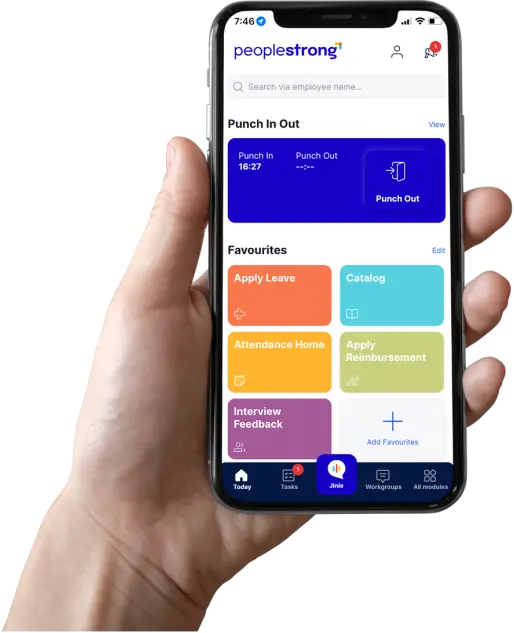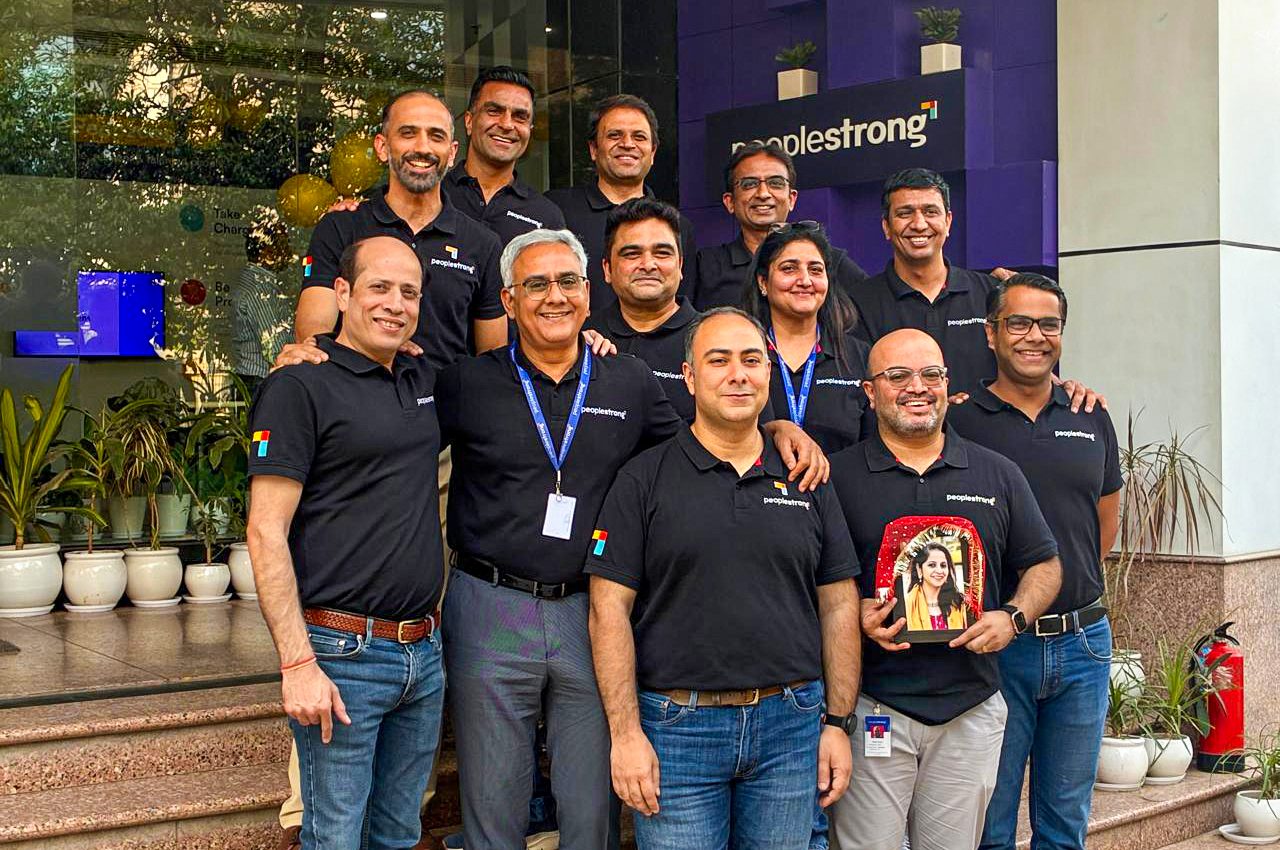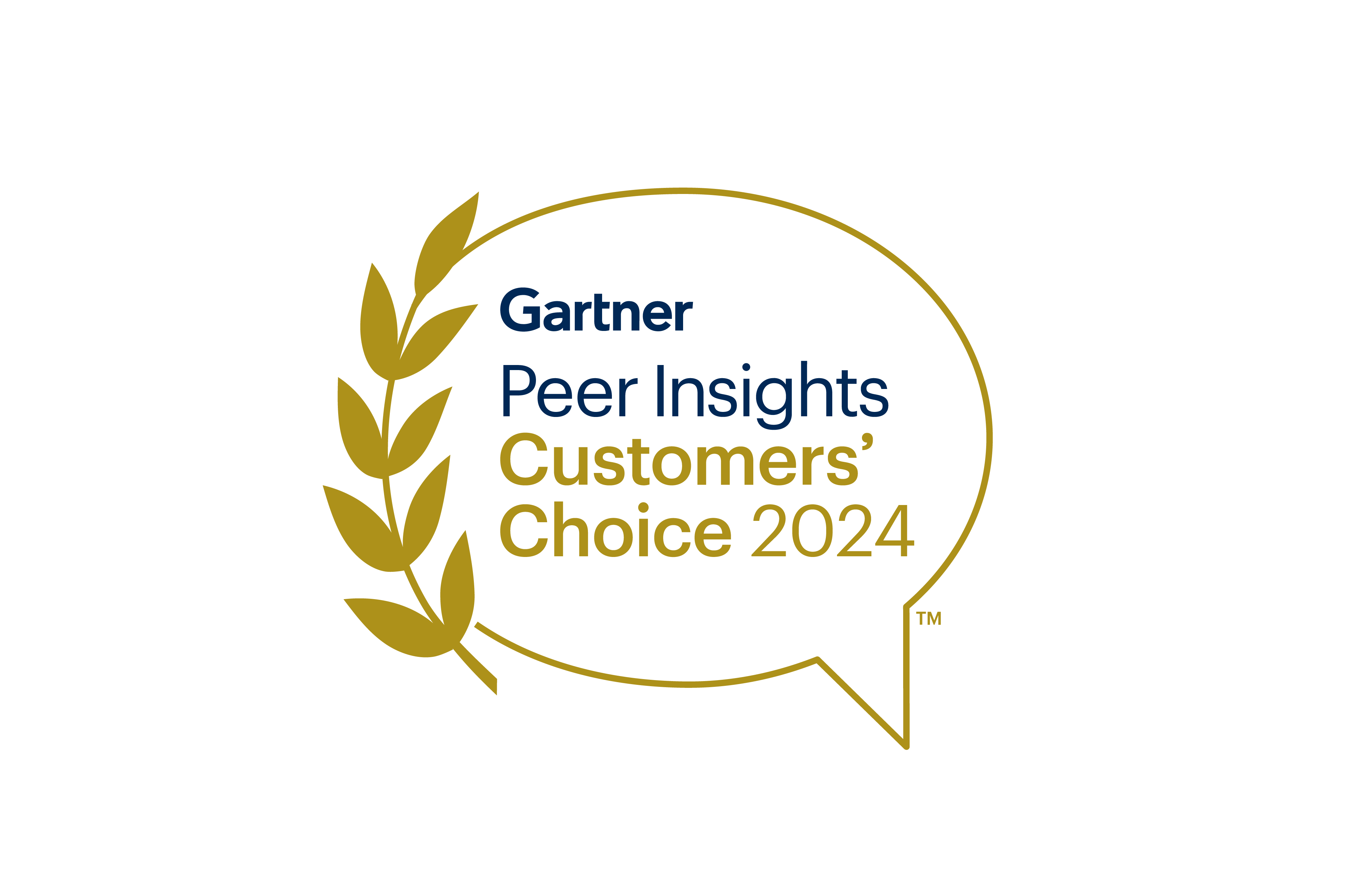At the recently hosted People Matters & PeopleStrong Roundtable Discussion on the topic The New Code of Talent Management, HR leaders brainstormed together on how the HR function can revamp key elements of talent management for the future of work.
As the equation of talent management undergoes a major transformation, HR leaders are looking towards more than just technology to solve their challenges. From changing the performance management routine to tackling the new hurdles of a multigenerational workforce to cracking the code of L&D initiatives.
During a recent People Matters & PeopleStrong Roundtable discussion hosted in Bangalore, HR leaders touched upon the major aspects of talent management they would like to change and how do they plan to leverage the right technology in order to do so.
Prakash Rao, Founding Member & Chief Experience Officer- SaaS, PeopleStrong, shed light on the state of digitization of successful businesses on a global scale.
By 2018, it was clear that companies that digitized operations would grow at greater rates. The more the companies digitize operations, the more data they generate about their workers,Rao said.
Companies that collect relevant and useful data from the employees are able to leverage it in order to manage and nurture their talent better. All data is not controlled by the HR function anymore in the highly digitized workplace–it is now PEOPLE data, added Rao.
In today’s world, there is more to talent management than just compensation and benefits and yearly reviews. Here are the key components of talent management:
Performance management
Long gone are the days when performance management was a one-off meeting that happened between the manager and the employee just once a year. In a culture that is faced with impending digital transformation every step of the way, continuous and constant feedback is crucial.
Outcomes matter more now than ever. Today, talent management is looked at as a way of personal growth. It is also looked at in terms of how is the person going to help the business grow as well.
Multigenerational workforce
As the workplace becomes more diverse in terms of the educational backgrounds, it is also becoming a place where several generations are working together in the same office which creates some interesting dynamics.
Engaging a multigenerational workforce surfaced as a challenge for several leaders from the group. Looking at technology as an enabler is an option. However, many are still searching for the right way to implement the solutions.
The generations are diverse like never before,said Rajini Prriya HR, APAC Technology & Talent Management India, Unisys India. Generations are vastly different. Apart from ‘compensation’ they value the ‘total rewards’ aspect of work. Being heard or being respected or being valued is extremely important for the new generation. ,
As Yvonne Zinus, Associate Director of Human Capital, PwC, pointed out, the scope of performance management has gone beyond mere meetings. It is about understanding the employee’s personal goals, empathizing with their life situation and finding the right scope for enhancement across different areas of the employee’s life–be it professional or personal or related to the family.
My personal take is that the style of talent management might change, but the substance of talent management will always remain the same, said Anirvan Mukherjee, Director of HR, CGI, speaking of how the basic elements of talent management such as the need for holistic personal growth and job security remain the same across all generations and the risk-appetite of different generations is determined primarily by the macroeconomic factors that are at play.
Learning & development
Increasingly, employees are looking for learning opportunities that would enable them to pick up a skill at a faster pace. The classroom-style learning module is becoming less and less popular. Alternate options such as enrolling for an online course of their own choice and building up their expertise in their topic of interest has become the new model of continuous learning in the workplace.
Upskilling and reskilling was another challenge that HR leaders have harped on in order to find technology solutions to ensure continuous learning happens, employees get opportunities and are motivated to invest in themselves and innovate. HR leaders are again, eyeing different learning models for a robust learning experience.
Employees now want instant and capsule-sized lessons that would help them up their game in real time, Rao added. For example, if a sales executive is heading in for a meeting with a banking professional with a proposal, she or he would like to have a byte-sized learning lesson in the phone which can be used to get a quick primer on the nuances of the BFSI sector.
Succession planning
Change management and succession planning are some of the top challenges faced by HR leaders across India in a variety of sectors. When there is attrition or a sudden unexpected movement of key leaders or even senior management executives, it leaves behind a void in terms of experience level, industry knowledge and company know-how as well which becomes challenging to fill.
We have been talking about succession planning for a long time. It is important to have talent pools rather than naming successors,said Mahesh Srinivasan, Senior Director of HR, FMR India.
Moving from identifying direct successors to tapping into robust succession pools is the way forward for organizations today. Leaders said they are looking for ways to crack this particular code of managing talent.
Wrapping up
As technology touches every aspect of our lives, it is crucial that talent leaders also start embracing new technological options in their effort to become efficient talent managers in the digital age. In this era that is abuzz with talks of humans and machines partnering together, leveraging technology as an enabler and unlocking the true potential of human skills is the way forward in the future of work.
This article was published on People Matters
.











